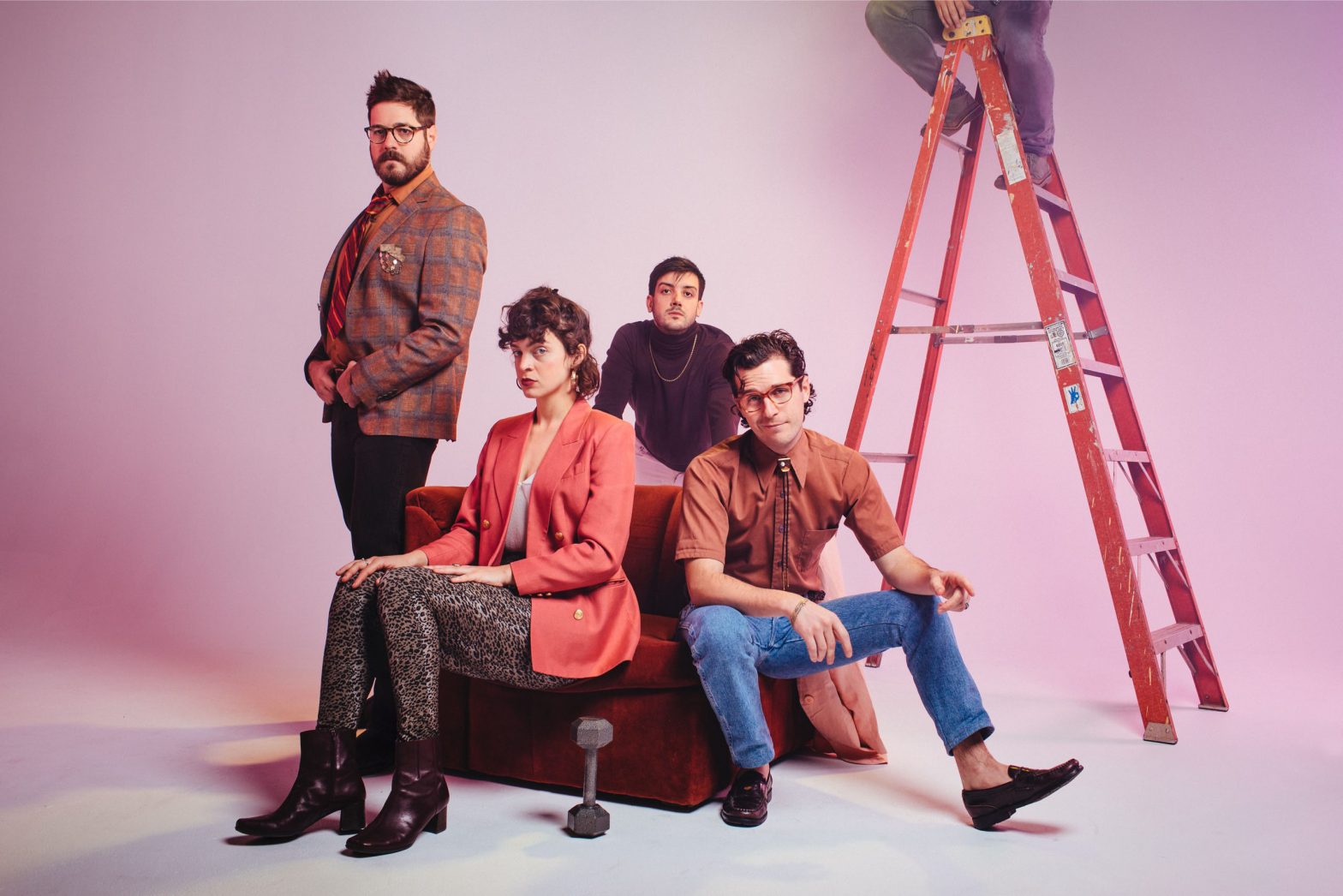By Shea Gibbs
Festy founder Michael Allenby wants to rock the concert production business. And he has no second thoughts about whether he will succeed.
“It doesn’t make me nervous at all. It makes me enthusiastic,” Allenby says. “There is no better time to innovate in the live music business than right now. This is way more tremendous than the internet hitting the record business. …This was immediate and swift.”
The catalyst Allenby’s talking about is of course COVID-19. So, what’s Festy’s innovation?
Allenby and the Festy team canceled their regularly scheduled outdoor festival last fall. The multi-day music, camping, and lifestyle mash-up had cast itself as somewhat unique ever since its 2010 inaugural. Founded with a jamgrass band with local ties, The Infamous Stringdusters, and initially held on the grounds adjacent to Devils Backbone Brewing Company, Festy set out to be a smaller, boutique event, crowd surfing over the monstrous music blowouts proliferating around the nation.
But even a small-scale outdoor festival seemed ludicrous during a global pandemic. You just couldn’t bring crowds of people into a space while a highly transmissible virus ran through the community.
The result was a series of 14 live music events from September to November at Chisholm Vineyards in Earlysville. Concertgoers bought tickets in pods of two to six and watched the shows from private boxes, roped off and six feet apart, from which they could make contactless food and drink orders. Restroom trailers in place of cramped port-a-johns completed the high-end outdoor COVID concert experience.
“We thought, ‘what if you just took the VIP section from one festival set and made that the whole event?’” Allenby says. The rest of the fest—general admission ticket holders more interested in socializing than scrutinizing their favorite band’s every move—could casually watch the shows streamed on the internet. And hey, their running commentary, typed silently into the ether, wouldn’t even bother the superfans.
Allenby says Festy’s new strategy was a success. Sales met projections, with more than 2,000 attending the series, and anecdotal evidence suggests folks enjoyed the format.
“First live, in-person concert since January,” local artist Elizabeth Rodriguez said on Instagram during the October 17 Carbon Leaf Festy show. “It was outdoors, masked and socially distant, and it was awesome.”
The whole scheme made sense in 2020, a year during which the live music events industry lost more than $30 billion, according to concert trade pub Pollstar, and any fund recovery was considered a win. But what about in 2021? While many early season festivals like SXSW and Coachella have been streaming-only or postponed, other big outdoor concerts—Chicago’s Riot Fest, Life Is Beautiful in Las Vegas, and California’s Aftershock, among others—are on the schedule to return by this summer or fall.
Allenby has doubled down on his design. Instead of gearing back up for a Festy in the Blue Ridge foothills later this year, he’s expanded his concert series concept to two more markets. In Charlottesville, Charleston, South Carolina, and Asheville, North Carolina, Festy will host 150 shows from April to November.
C’ville residents will get Carbon Leaf on April 17, followed by Saturday night shows (on a mostly weekly basis) featuring the likes of Kendall Street Company, Mipso, David Wax Museum, Molly Tuttle, Everything, Martin Sexton, and Eddie From Ohio. Some artists will do two shows, at 6pm and 9pm, others only one. Tickets range from $40 to $60, depending on pod size.
Allenby thinks demand will be just as high as it was in 2020. One thing he figures Festy has going for it: His team crowdsources the festival’s artists, letting fans vote for who they want to see before the organizers reach out to book the bands. Not all the artists people want to hear will play intimate shows at wineries, Allenby admits, but he expects Festy’s stable of bands to grow in the months to come.
Festy will also retool the online production of its concert series this year, offering livestream tickets at $10 per. Allenby and his team didn’t market online sales in 2020, he says, instead taking time to streamline and elevate quality. He says he feels like Festy now has a product worth pushing out.
If the new Festy format feels like a long-term solution to a short-term problem, Allenby disagrees.
“Festy is a sustainability brand, and live events—festivals as we know them—are inherently unsustainable,” he says. “Environmentally? There is no environmentally sustainable festival. And they’re not economically sustainable.”
Speaking to the economics, Allenby says it’s just a matter of time before another pandemic shuts live music down again. Why continue following a business model completely at the mercy of infectious viruses? Others will certainly go back to their old ways. But Festy won’t be a part of it.
“COVID set up a unique set of conditions so we could maybe start looking at the live music experience,” Allenby says. “There is a lot of weird history about how the live music business has been created. I have always fantasized about starting from scratch.”






